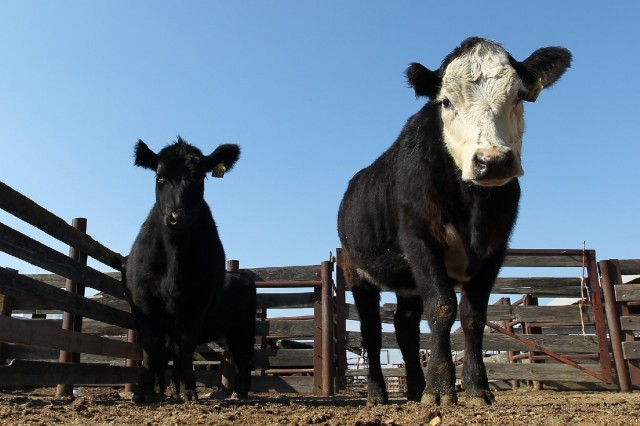
Rancho Feeding Corp., the Petaluma slaughterhouse at the center of a massive beef recall, may have processed animals with cancer of the eye, according to the San Francisco Chronicle. That’s one development reported Wednesday about the facility, which is currently under investigation by federal prosecutors and the U.S. Department of Agriculture.
Another development: the Santa Rosa Press Democrat reports that a USDA inspector tried to flag problems at the plant to her supervisors, only to be ignored.
On Wednesday, KQED’s Mina Kim talked with Tony Corbo, senior lobbyist for Washington, D.C.-based consumer advocacy group Food and Water Watch. He noted there is an internal whistleblower line for USDA inspectors to call if they feel supervisors are ignoring violations.
“There are avenues for an inspector to contact the Office of Inspector General,” Corbo said. “There is a whistleblower hotline that inspectors can call to report that they’re finding violations and being thwarted in their ability to do their job.”
It is unclear whether or not the USDA inspector in question called the whistleblower line.
